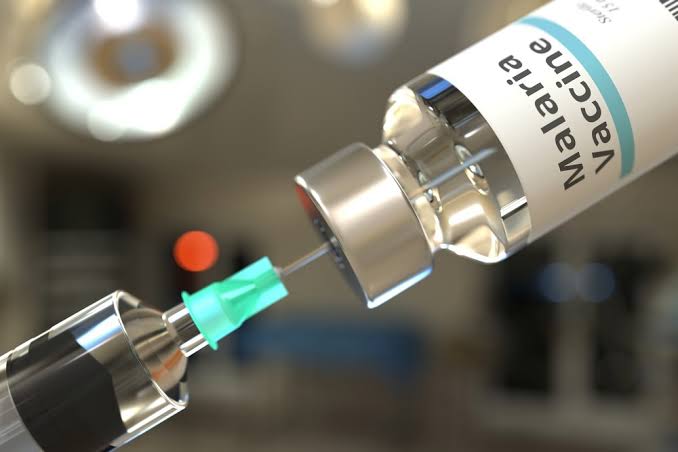The R21/Matrix-M malaria vaccine, developed by the University of Oxford and manufactured by the Serum Institute of India Pvt Ltd (SIIPL), has been approved for use in Ghana by the country’s Food and Drugs Authority (FDA Ghana).
This marked the first regulatory clearance for the R21/Matrix-M malaria vaccine for use in any country.
According to a statement issued and made available to The Star on Wednesday, April 12, the successful registration was notified to SIIPL by the FDA Ghana.
It noted that the vaccine has been approved for use in children aged 5 to 36 months, the age group at highest risk of death from malaria, adding that the R21/Matrix-M vaccine has demonstrated high levels of efficacy and safety in Phase II trials, including amongst children who received a booster dose of R21/Matrix-M at one year following a primary three-dose regime.
Speaking on the development, the Chief investigator of the R21/Matrix-M programme and Director of the University of Oxford’s Jenner Institute at the Nuffield Department of Medicine, Prof. Adrian Hill, said: “This marks a culmination of 30 years of malaria vaccine research at Oxford with the design and provision of a high efficacy vaccine that can be supplied at adequate scale to the countries who need it most.
READ ALSO: Malaria: KASU lecturer, others develop mosquito-repellent fabric
“I congratulate our superb clinical trial partners in Africa who have generated the dataset supporting the safety and efficacy of the vaccine in children. As with the Oxford-AstraZeneca COVID-19 vaccine, our partnership with the Serum Institute of India has been key to successful very large-scale manufacturing and rapid development.”
The R21/Matrix-M malaria vaccine is a low-dose vaccine that can be manufactured at mass scale and modest cost, enabling as many as hundreds of millions of doses to be supplied to African countries which are suffering a significant malaria burden.
The R21/Matrix-M vaccine was initially designed and developed at the University of Oxford and has undergone clinical trials in the UK, Thailand, and several African countries, including an ongoing phase III trial in Burkina Faso, Kenya, Mali and Tanzania that has enrolled 4,800 children. Results from these trials are expected to be reported later this year.
Oxford researchers and their partners last year reported from a Phase IIb trial that a booster dose of R21/Matrix-M at one year following a primary three-dose regime maintained high efficacy against malaria, and continued to meet the World Health Organization’s Malaria Vaccine Technology Roadmap goal of a vaccine with at least 75 per cent efficacy.
This followed 2021 results from the Phase-IIb trial reporting that R21/Matrix-M demonstrated high-level efficacy of 77 per cent. Recent data from the large phase III trial also show high levels of efficacy and a reassuring safety profile.
The vaccine contains Novavax’s (Nasdaq: NVAX) Matrix-M, a saponin-based adjuvant that enhances the immune system response, making it more potent and more durable.
The Matrix-M adjuvant stimulates the entry of antigen-presenting cells at the injection site and enhances antigen presentation in local lymph nodes. This technology has also been used successfully in Novavax’s COVID-19 vaccine and is a key component of other development-stage vaccines.
- Remi Tinubu cautions Delta Nursing College over queried students - March 28, 2025
- Mother, daughter jailed for stealing ponmo - March 28, 2025
- Real Madrid coach Ancelotti to go on trial for tax fraud in Spain - March 28, 2025









